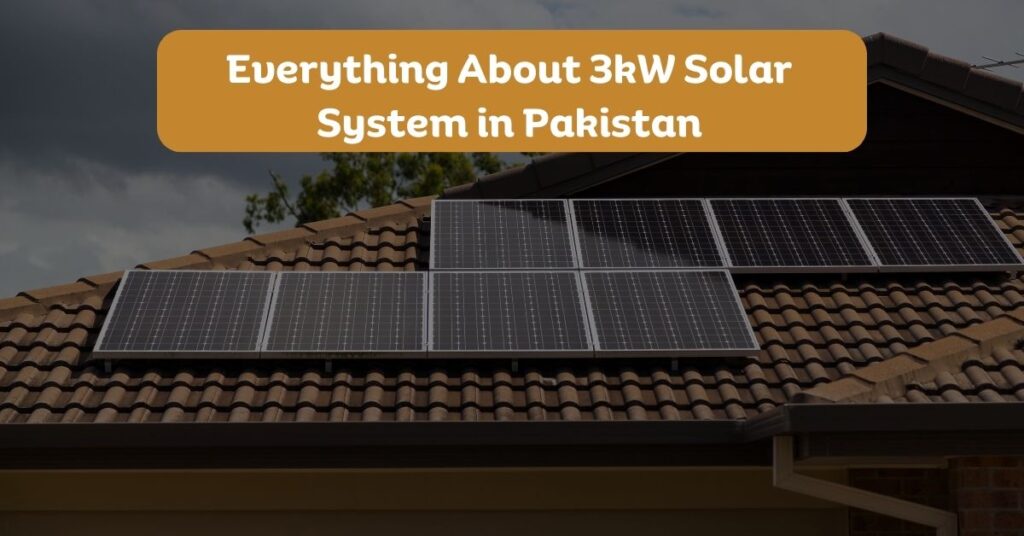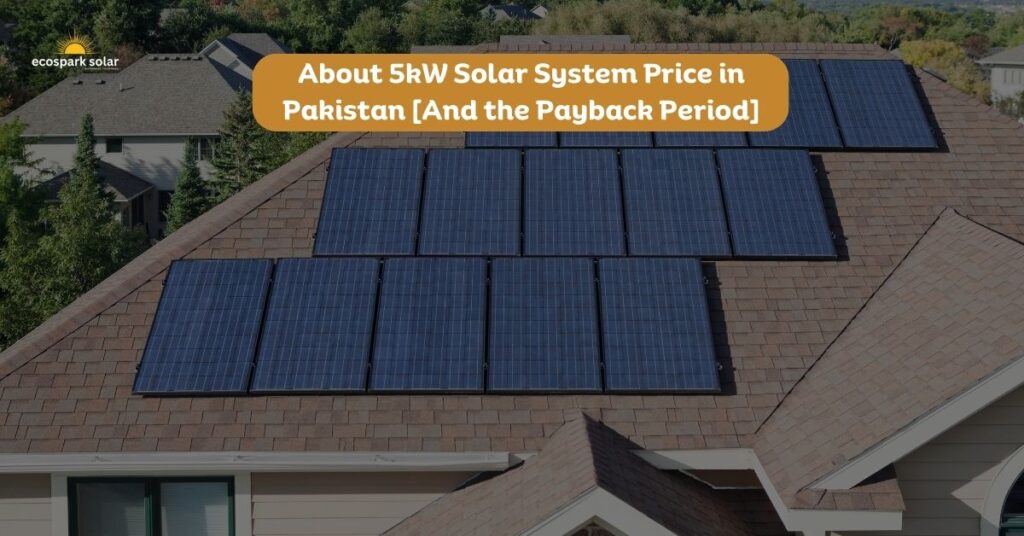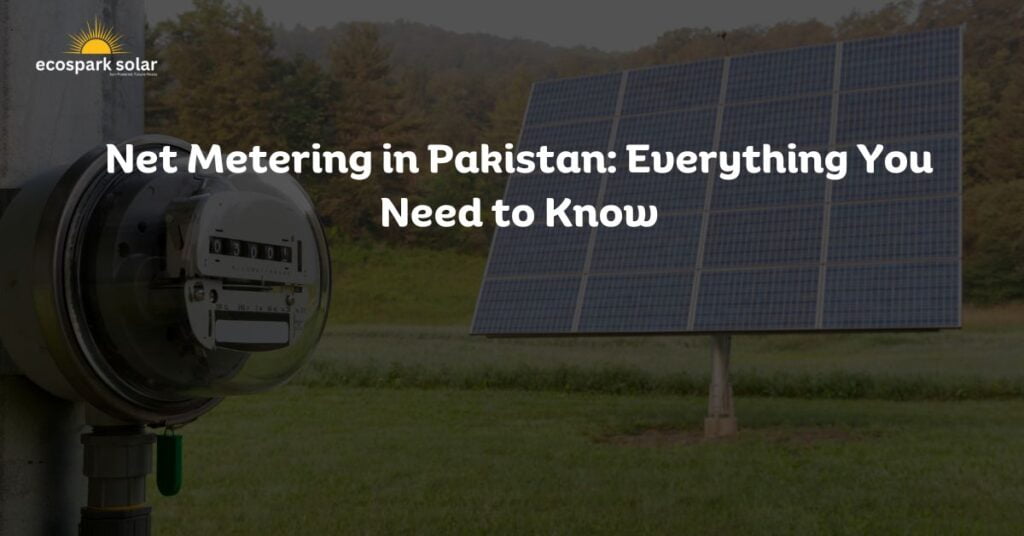Solar panels are a great way to generate clean, renewable energy for your home or business. But over time, they can become dirty and soiled, which can reduce their efficiency. That’s why it’s important to clean your solar panels regularly.
There are a few different ways to clean solar panels, but the best method will depend on the type of panels you have and the amount of dirt and grime buildup. You can use a soft sponge or brush and a mild soap solution to clean your solar panels. Rinse the soap solution thoroughly afterward, and avoid using harsh chemicals or abrasive cleaners.
In this article, we will talk about:
- Why clean solar panels?
- What to clean solar panels with (tools and materials required for solar panel cleaning)?
- How to effectively clean solar panels safely and effectively?
- When to clean solar panels?
First, let’s see if cleaning solar panels makes a difference. (Hint: It does!)
Why Should You Clean Your Solar Panels?
“Do I need to clean my solar panels?” a client asked me the other day. The short answer is: Yes, you should clean your solar panels.
Here are a few benefits of cleaning your solar panels regularly:
- Improved efficiency: It is simple. Clean solar panels will absorb more sunlight; they will, in turn, generate more electricity, which can save you money on your energy bills.
- Extended lifespan: Regular cleaning can help extend your solar panels’ lifespan by preventing dirt, dust, and grime from building up and damaging the panels.
- Reduced maintenance costs: When your solar panels work efficiently and smoothly, other components will respond in kind. If you have a 5kW solar system, and your panel doesn’t generate enough electricity for the inverter (due to the dirt buildup), the system may create issues.
Now, let’s do the ‘what’ part.
What Tools and Materials Are Required for Solar Panel Cleaning?
A few essential tools and materials are necessary to properly clean solar panels. These will ensure a safe and efficient cleaning process:
Soft Brush or Sponge
A soft brush or sponge should be your go-to tool for cleaning solar panels of dirt and grime, with bristles or surfaces designed not to scratch or damage their panels. A sponge is better, but you should also keep a soft brush for hard stains.
Bucket(s)
A bucket will come in handy to mix your mild soap solution during the cleaning process. In fact, I would recommend having two buckets if there is no water pipe for the water supply.
Mild Detergent
For optimal cleaning results, select a mild detergent such as dish soap, as it will produce a soapy cleaning solution without harmful effects to both panels and the environment. Any detergent that is available in your kitchen would work.
Garden Hose with Gentle Spray Nozzle
A garden hose equipped with a gentle spray nozzle is the ideal way to rinse solar panels safely, as its gentle spray ensures there’s no chance of damaging or ruining them as you remove loose dirt and debris from them. You should also have a viper.
Clean Towel or Chamois
After washing the solar panels with soapy water, they must be dried off with a soft towel or chamois to prevent water spots and leave your panels gleaming gleam. Having one will ensure no spots form and leave your panels looking their best! You can buy chamois at any auto spare parts (especially the auto decoration shops).
Ladder (if needed)
A ladder may be necessary if your solar panels are in hard-to-reach places. Ensure it is in good condition, placed securely, and followed any applicable safety protocols.
Now that we know the “why” and “what” parts, let’s talk about the “how” part.
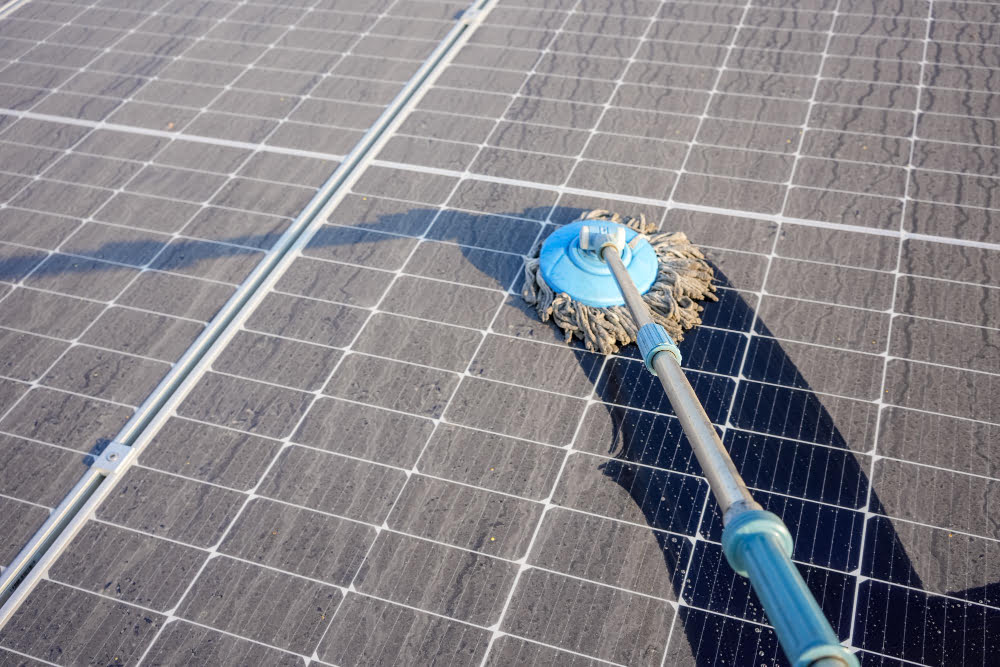
How to Clean Solar Panels Safely and Effectively?
Solar panel cleaning is a 4-step simple process. If you know the process well, you do not have to require the services of a professional solar panel cleaning service—as long as the system size is average.
Here is how you can clean your solar panels for better efficiency and performance.
Prepare Your Work Area
Before you start cleaning your solar panels, it is important to prepare your work area. Clear the area around your solar panels of debris, such as leaves, branches, pebbles, or other tools. This will help to prevent you from tripping and falling.
If you are working on a ladder, make sure that it is properly secured on a level surface. Be careful not to overextend yourself when reaching your solar panels.
A solar system for everyone.
We’re customer-centric; we will find you a solution within your budget. Whatever your project size, you can always save with Ecospark Solar.
Rinse the Solar Panels
Once your work area is prepared, you can start cleaning your solar panels. Use a garden hose with a gentle spray nozzle to rinse the solar panels. Start at the top of the panels and work your way down, rinsing each panel thoroughly.
Avoid using a pressure washer, as this can damage the panels.
Clean the Solar Panels
Mix a mild soap solution in a bucket. Avoid using harsh chemicals or detergents, as this could damage the panels and also harm the nearby environment.
Use a soft sponge or brush to clean the solar panels; pay attention to any areas that are particularly dirty. Be careful not to scrub too hard—this could damage the panels.
Dry the Solar Panels
Once you have cleaned the solar panels, be sure to rinse them off thoroughly with water. You can use a viper to do that. Just make sure that the viper doesn’t have any sticky substance attached to its end.
Then, use a clean towel or chamois to dry the solar panels. Do not allow the solar panels to air dry, as this can leave dried water spots.
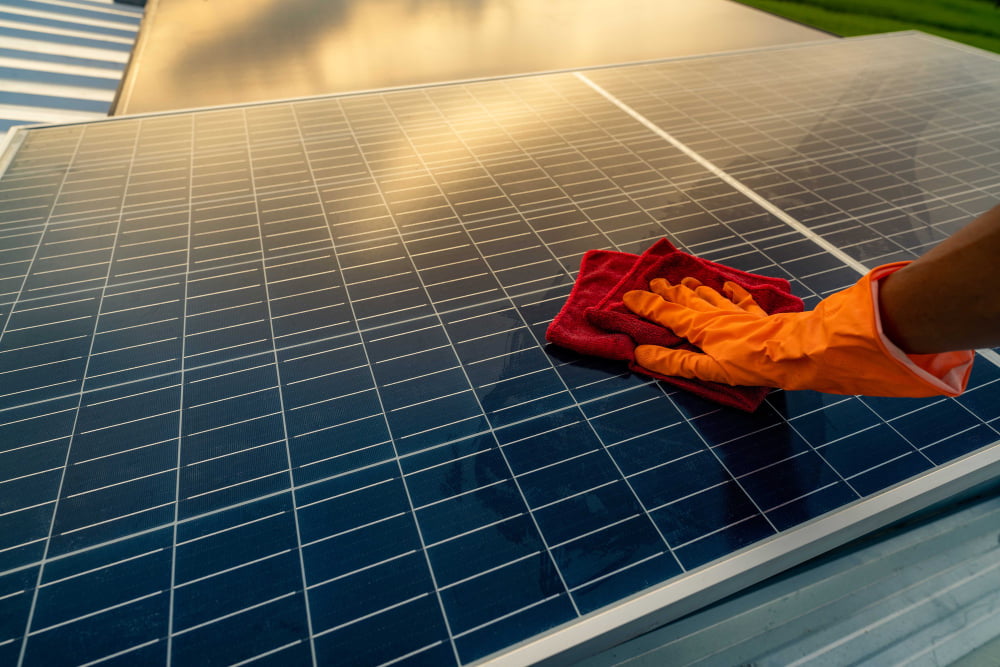
Additional Tips for Cleaning Solar Panels
- Clean solar panels when they are cool to the touch. Avoid cleaning solar panels in direct sunlight, as this can make them too hot to handle and can also cause the soap solution to dry too quickly. Do it around the morning time, when the sun is not out yet or is not at its peak.
- If you have stubborn stains or dirt buildup, you may need to use a soft brush to scrub the panels gently. Be careful not to scrub too hard, as this could damage the panels.
- If you have solar panels that are difficult to reach, you may need to use a ladder. Be sure to use a ladder that is properly secured, and be careful not to overextend yourself.
When to Clean Solar Panels?
How often you need to clean your solar panels will depend on a few factors, such as the climate you live in and the amount of dirt buildup, bird droppings, etc. In general, it’s a good idea to clean your solar panels at least twice a year or more often if necessary.
Frequently Asked Questions About Solar Panels Cleaning
Does rain clean solar panels?
Rain can help clean solar panels to a certain extent, but it is not a complete substitute for regular manual cleaning. Rain can wash away loose dirt and debris, but it may not be enough to remove stubborn stains or grime. Also, rain can leave water spots on solar panels, reducing efficiency.
If you live in an area with frequent rainfall, you may be able to clean your solar panels less often. However, inspecting your solar panels regularly and cleaning them manually if necessary is still important.
Can I clean my solar panels myself?
Yes, you can clean your solar panels yourself. However, if you have solar panels that are difficult to reach, you may want to hire a professional solar panel cleaning service.
What are the most common solar panel cleaning mistakes?
The most common solar panel cleaning mistakes are:
- Cleaning solar panels in direct sunlight
- Using a pressure washer
- Using harsh chemicals or detergents
- Scrubbing too hard
- Not rinsing the soap solution off thoroughly
- Not drying the solar panels thoroughly
How often should I inspect my solar panels?
You should inspect your solar panels at least once a month for any signs of damage or dirt buildup. If you notice any problems, you should clean your solar panels immediately.

